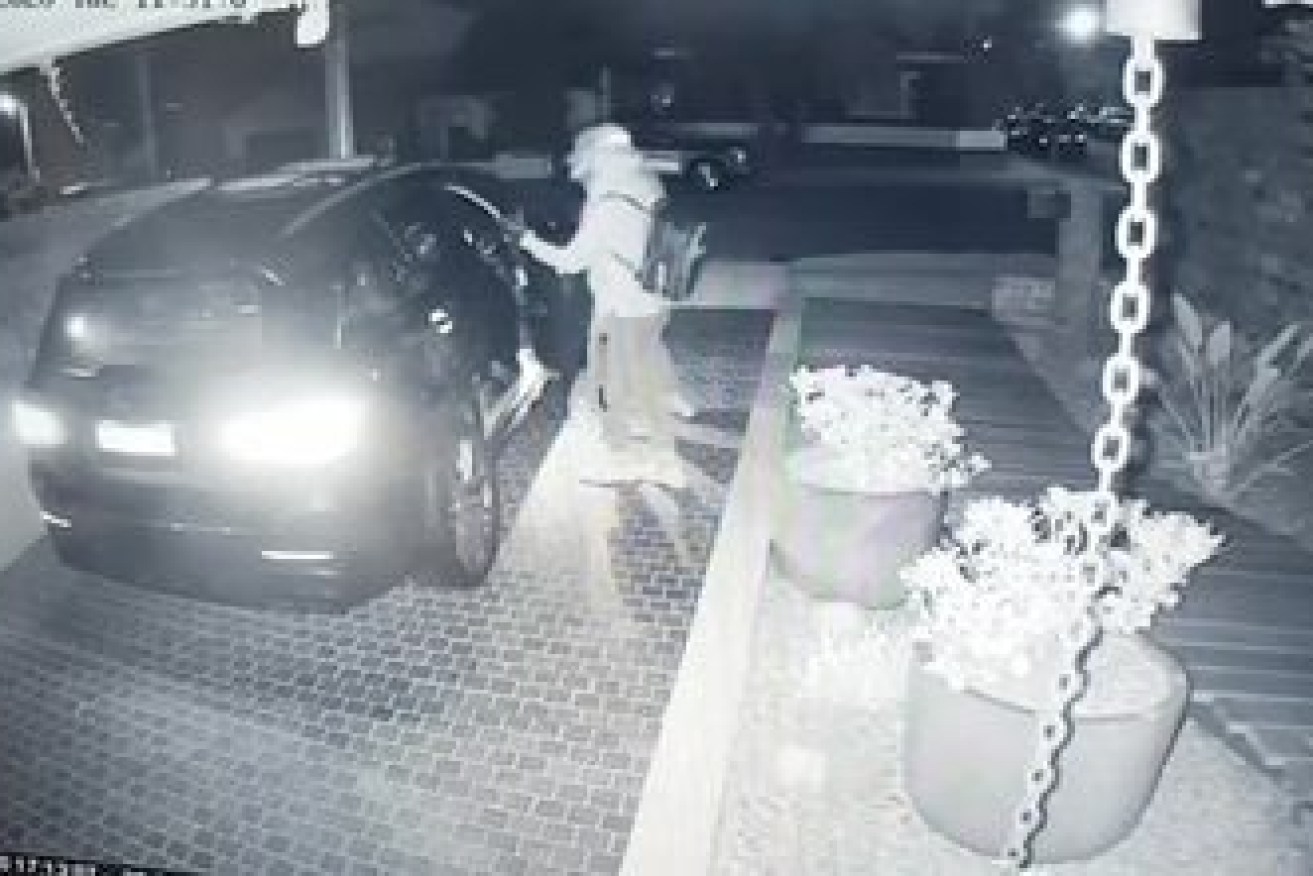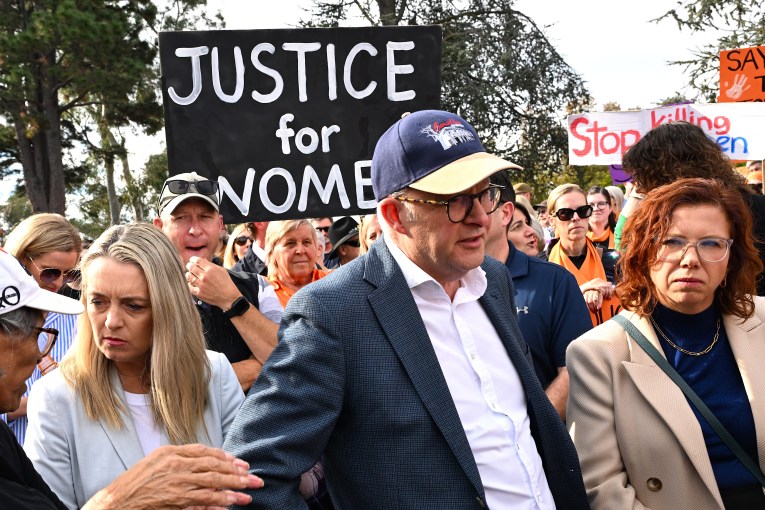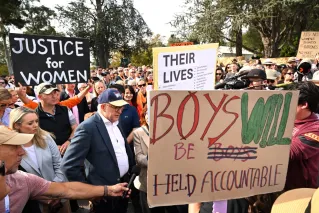Woman, 79, invited to ‘meet’ youth who stole her car. Has justice gone completely mad?
A 79-year-old pensioner has been told she is not allowed to know details of the criminal who admitted jumping a fence and breaking into her car – because his ‘privacy’ needed to be protected. So, what about her privacy, asks Madonna King


The state government has claimed an intensive therapy initiative is helping drive down youth crime rates. (Photo: QPS)
But she was invited to travel 20 km, at her own expense, and with her own legal representation if she wished – so she could meet with the young criminal in the hope he understood better his actions.
This is called ‘restorative justice’, and it is a telling example of the almighty chasm that divides legislators and voters on how we deal with youth crime.
This elderly woman, from Bulimba in Brisbane, is too scared to have her name made public, fearing she could be targeted again.
But her son Tim Munro, who has spent $4000 boosting his home security, says he’s had enough. His mother’s case showed teen criminals were now given better protection than their victims, he says.
And it’s hard to disagree.
This case, one of dozens and dozens unfolding in suburbs around Brisbane, started in April with two midnight attempts – by a total of seven youths – to steal his mother’s car.
Both episodes were caught on CCTV camera, and police soon apprehended a young person who admitted entering premises with intent; a breach of the criminal code.
But that’s where this story goes off on a dangerous tangent that should demand change.
Tim’s mother received a letter from the Department of Children, Youth Justice and Multicultural Affairs inviting her to meet the culprit, who admitted his crime.
This is called ‘restorative justice’ and the aim, according to the Palaszczuk Government, is “to reduce an overrepresentation of Aboriginal and Torres Strait Islander children in the justice system’’.
Tim Munro takes up the story: “They asked her to go to Capalaba with legal representation if she wishes to pay to discuss the situation with the criminal. Seriously? And if she does this, he will know what she looks like. She is the innocent party and now she is totally freaked out!’’
He says his mother later asked authorities if she could be provided with the “name, age and past history’’ of the youth offender, before deciding on whether she would attend.
This would seem fair. This young criminal knows where Tim’s mother lives. She knows nothing about him, except that his punishment is to have a chat to her.
But Munro says they were told privacy to ‘protect’ the offender meant his mother would not be provided with any further detail.
The young offender would also have a “support person’’ there with him, and she was allowed to have one too. She also had the “right to obtain legal advice regarding this process’’, according to the letter she received from the Department of Youth Justice.
How generous! And how upside-down is our treatment of offenders and victims!
It is understandable that young people, without a good start or role model or even family in their lives, are gifted the opportunity to learn from their actions.
But what about the victims; in this case a 79-year-old woman, who is now frozen in fear?
“He knows everything about my mum – but she’s not allowed to know anything about him. She’s absolutely traumatised by it,’’ Tim Munro says.
“They say (restorative justice) is designed to help the criminal understand the impact of doing that. Why would a victim want to do it?’’
Like others, Tim’s mum has seen the culprits smiling into CCTV cameras at midnight, and she’s heard the stories now splashed across Facebook pages of others using hammers to force open doors and windows.
Restorative justice might work in some instances, but evidence suggests it is not working now. And even if it was, it has swung too far towards the offender, and away from the victim.
It’s got to stop, and it will be the issue, over any other, that turns voters away from the Palaszczuk Government next year.
Ironically, Tim’s mother lives in the electorate of the new Minister for Youth Justice Di Farmer.
By any measure, Di Farmer is one of the Government’s most popular local members whose work ethic is acknowledged by her opponents as much as her Labor peers.
But at some point voters will wonder if a local MP they personally strongly support can truly change the direction of a big government that appears to be putting inflexible ideology over the genuine fears of 79-year-old pensioners.
Labor MPs should be wary of that, a year out from an election.
And the Palaszczuk Government needs to understand that its commitment to giving teen criminals a second or third chance should not come at the expense of residents, now fearful in their own homes.












